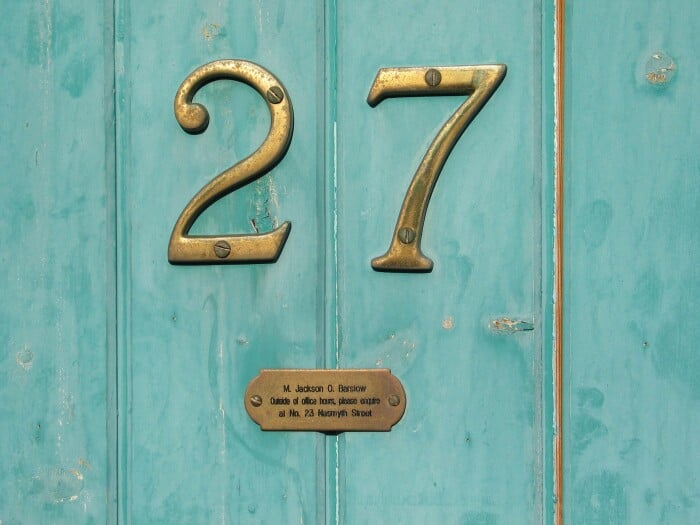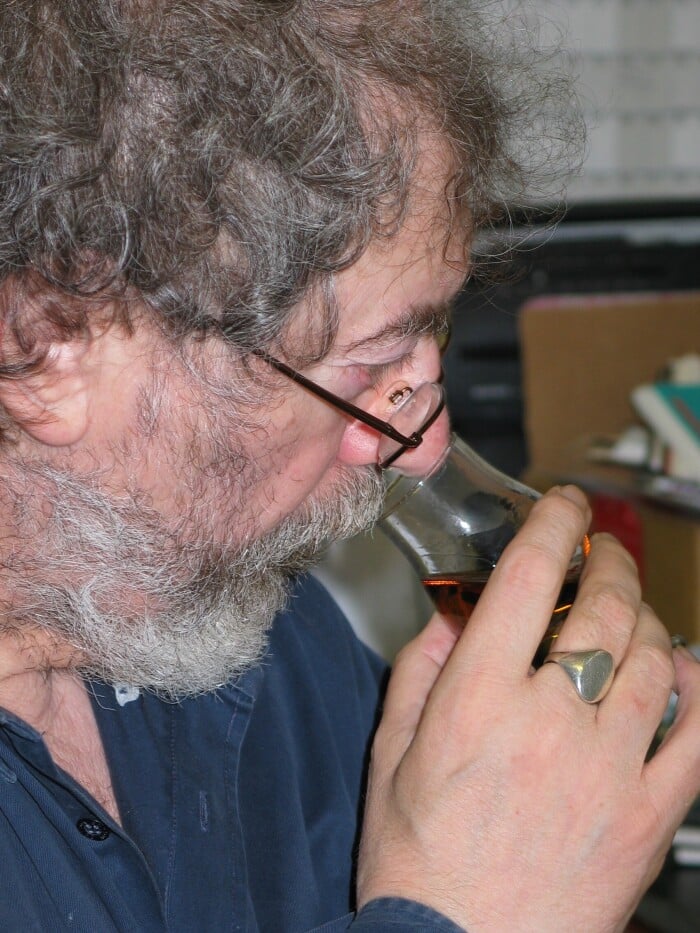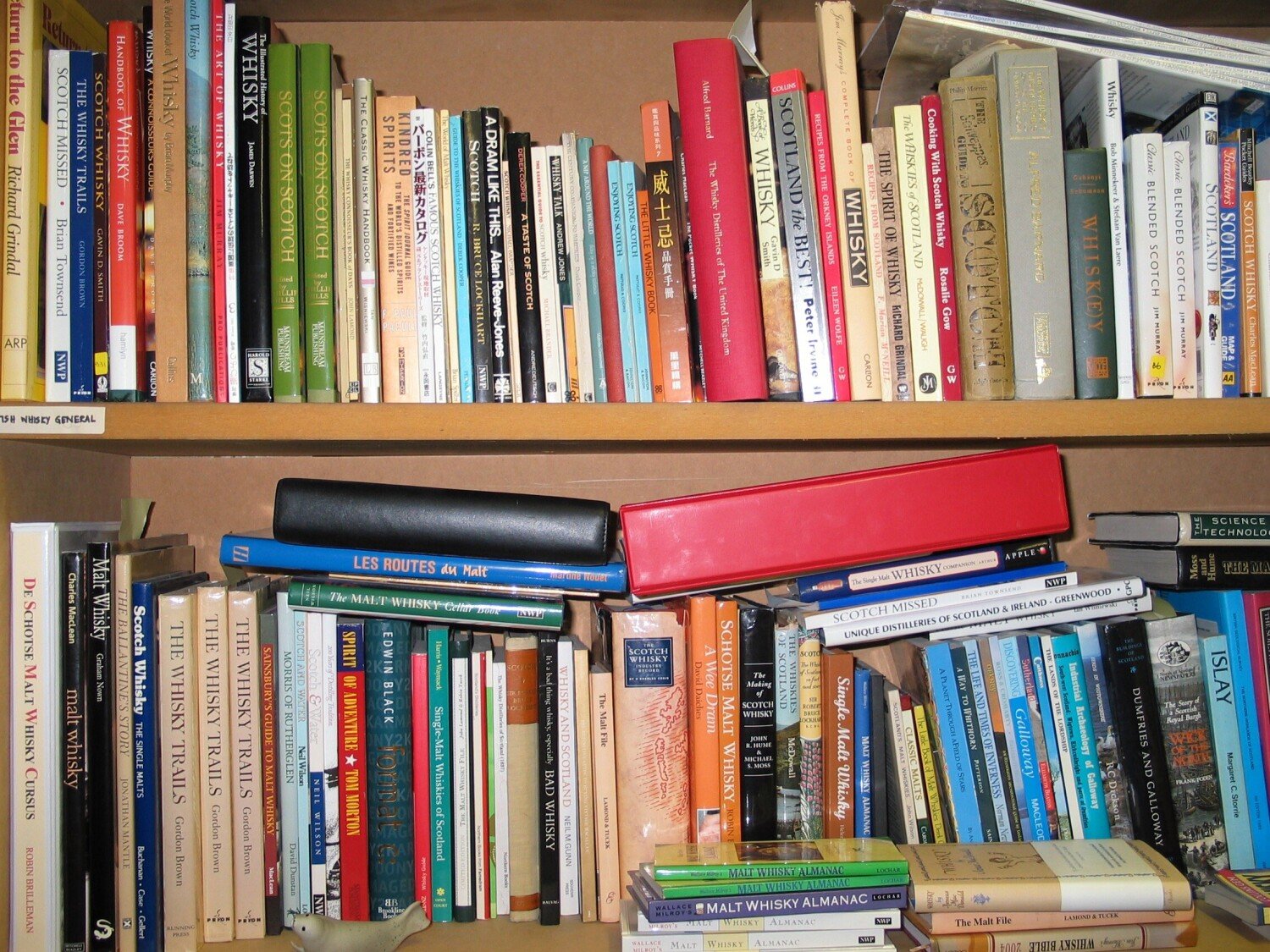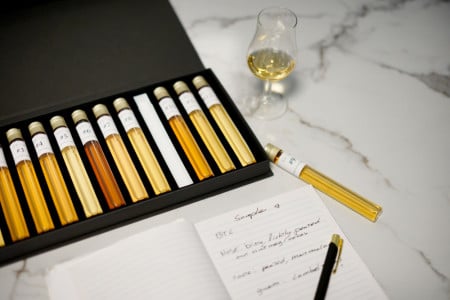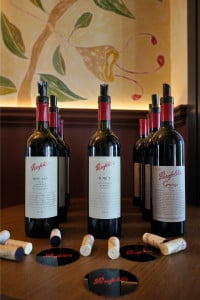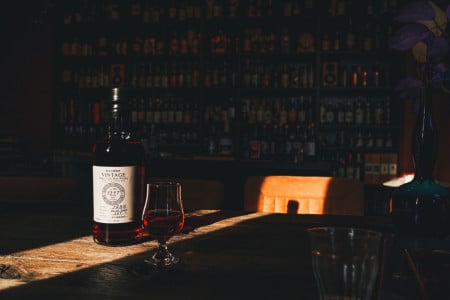Hi, I'm Michael Jackson. I don't sing, I don't dance, and I don't drink Pepsi.
For years, this is how Michael Jackson (1942), writer of beer and whisky books, introduced himself to distinguish himself from his somewhat more famous, singing, dancing and cola drinking namesake. Together with Matthew, my friend and tourguide, which is imperative in a city like London, I paid a visit to Michael Jackson. The man who ventured to write books about beer and later also about whisky, instead of books about wine, which had been the trend for years at the time.
Somewhere in the West London area of Hammersmith, in a back street that even the London cab driver couldn't find, we found Michael in his office. An office filled with books, bottles of beer and whisky, and glasses all over the place. It had once been a brewery, with a café in the next street called 'Rising sun'. “Have a seat, and what would you like to have: a beer, a whisky or a cold coffee?” was his friendly welcome. He knew I didn’t come just for fun, but for an interview, and before he had even poured us a drink, he started to pour out his life story, talking generously throughout the interview. “I had my first whisky when I was just a little boy. I was born as a twin, and I was much smaller and more fragile than my twin brother. My mother expected that I would die, but instead, my bigger brother died a few days after we were born. Because of his death, my parents were overprotective of me when I grew up. I was given whisked eggs with whisky early on. As an adult, my father gave me blended whisky, but I didn't like it all that much. After becoming a journalist, I really wanted to work in Scotland, despite being an Englishman from Yorkshire. I was very ambitious and soon got a job with the Daily Mail in Edinburgh. One of my colleagues, a Scotsman, became a very good friend. We often sat in the pub, talking about anything and everything over a pint. Scots have some strange habits, by English standards. One day, he wanted to fight me, which I declined. He said, “What kind of friend are you if you don't want to fight me. You Englishman," he continued, "have you ever tasted whisky?" I told him about my experience with my father, and he started laughing. "I get it, you've never tried malt whisky." In fact, I'd never even heard of malt whisky, and we had only ever drunk beer, not whisky. It was 1961, if I remember correctly, and there weren't that many malt whiskys available in Edinburgh's pubs. Maybe one or two, at most, but my Scottish friend ordered a 12-year-old Glen Grant of a surprisingly light color. This was my first malt and I really liked it. I lost touch with my Scottish friend over time. Many years later, I ran into him again. He had fought a hard battle with alcohol and was now in the Lord and a teetotaller. I came to the conclusion that what had destroyed him, the whisky, had made me great.
After my Scottish adventure, I went to London. I worked as a journalist and was still very driven, resulting in several promotions. After some time of working as a journalist, I wanted to explore the world and decided to go to the Netherlands. I settled in Amsterdam, where I became the first editor of Holland Harold magazine. I ended up creating the content for the entire magazine myself. While in Amsterdam, I made regular trips to Belgium and Germany. I got a girlfriend, and she asked me to go back to England, unemployed. After being out of work for a while, I saw an advertisement for a seemingly boring job. However, my girlfriend made me apply and I was accepted at World Press News. In a short time, I turned this boring job into my dream job when I changed the concept and the name to ‘Campaign’. The magazine became very popular and other publishers started to copy the concept. But apparently, I became too difficult and got fired for refusing to wear suits.


